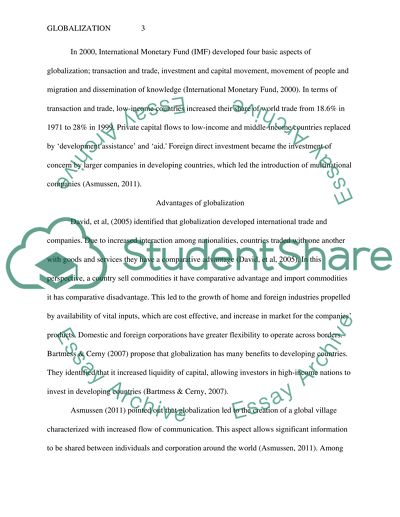Cite this document
(Advantages and Disadvantages of Globalization Literature review, n.d.)
Advantages and Disadvantages of Globalization Literature review. Retrieved from https://studentshare.org/sociology/1639455-advantages-and-disadvantages-of-globalization
Advantages and Disadvantages of Globalization Literature review. Retrieved from https://studentshare.org/sociology/1639455-advantages-and-disadvantages-of-globalization
(Advantages and Disadvantages of Globalization Literature Review)
Advantages and Disadvantages of Globalization Literature Review. https://studentshare.org/sociology/1639455-advantages-and-disadvantages-of-globalization.
Advantages and Disadvantages of Globalization Literature Review. https://studentshare.org/sociology/1639455-advantages-and-disadvantages-of-globalization.
“Advantages and Disadvantages of Globalization Literature Review”, n.d. https://studentshare.org/sociology/1639455-advantages-and-disadvantages-of-globalization.


